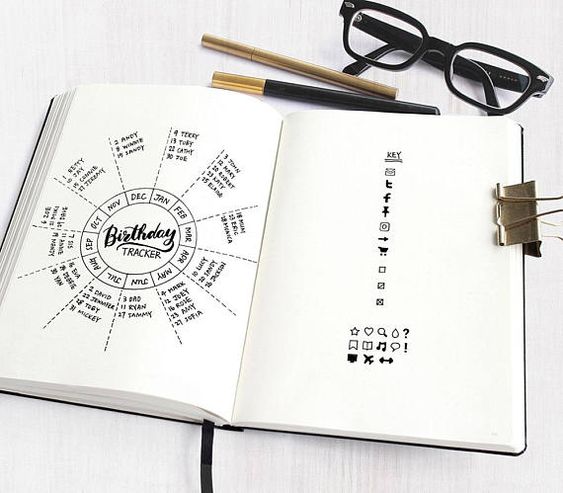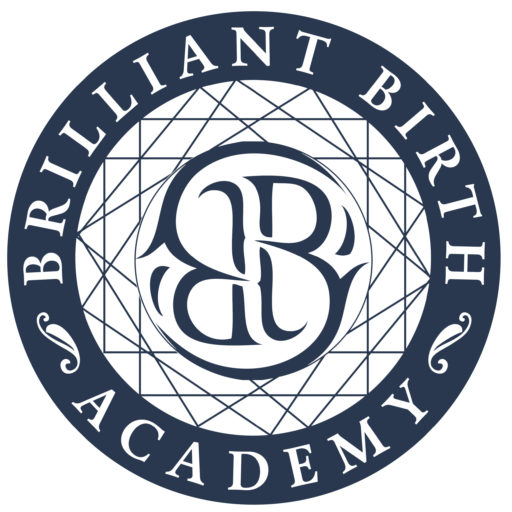How To Become An Exceptional Birth Pro II
 Life Planning 101 Part Five
Life Planning 101 Part Five
We’ve already covered why planning and scheduling our goals into the reality are the cornerstone skill needed to build a remarkable life—professional and personally.
Then we looked at all the benefits planning is going to bring into your life. If you don’t already have a planner, go out and treat yourself to a beautifully designed planner and make sure it has a monthly AND a weekly section.
Socrates famously said: “the unobserved life is not worth living.”
Before life-planning, I used to have (what I now realize were) quarterly melt-downs where I would yell: “I hate my life!” I’ll never forget the first time that phrase came out of my six-year-old’s mouth. That was the day I decided to take total ownership of my life.
Life-account assessment is about observing your life—letting it speak in order to build a life worth living.
It will take an investment of time for you to learn this new skill of life-planning and scheduling, but it will save you countless hours a week, every week, for the rest of your life. More importantly, it will become a basic formula you can intuitively apply to build a remarkable life—no matter how you define success. The most complex goal you have is still solved with the basic formula!
Here’s the formula:
- List your current life accounts
- Identify the specific action steps required for each life account to be ‘positive’
- Schedule these action steps at a monthly, weekly, and daily level
- Review/adjust your life-plan
We’re starting, obviously, with step one. The purpose of this step is to allow your life to speak. You’ve already spent a lifetime making goals and choices—choices that you are committed to and are actively cultivating. The goal of this step is to bring awareness to what you already have going on. (Get ready to be absolutely shocked.) By the time you’re done with this exercise you will be able to answer:
- Is your time, energy, and attention aligned with your values?
- Are you who you want to be in each sphere of your life?
- What are the balances on your ‘life accounts’? Are there sufficient ‘funds’ of resources, time, energy, and attention to keep each account in the positive or are they over-drawn?
This terminology of ‘life-accounts’ is inspired by Michael Hyatt’s book Living Forward.
The practice of drafting out your life-accounts will “provide the clarity you need to articulate a vision for your life—your whole life—and develop a plan for getting to a better destination. It’s all about being fully awake to the realities of our personal and professional worlds and using that fresh level of awareness to make better decisions and tell better stories with our lives.”
Most people have 5 to 12 life-accounts that branch off of the three categories of being, relating, and doing.
Being Life-Accounts:
Your being accounts are categories of how you relate to, and care for yourself. Common accounts could include:
- Spirit
- Soul/Heart
- Body (eat, move, sleep)
- Intellect/Mind
Relating Life-Accounts
Your relating life-accounts are categories of how you relate to others. Common accounts could include:
- Marriage
- Kids
- Friends
- Extended family
- Community (involvement in one of your child’s programs or schools, a faith community, or a support group etc.)
Doing Life-Accounts
Your being accounts are categories of things you do; common accounts could include:
- Job
- Creative projects
- Household responsibilities
- Hobbies
- Areas of service/contribution/volunteering
It’s been a while since this exercise transformed my life, but I’ll still never forget how amazed I was when I listed out my life-accounts in order of importance and discovered how profoundly my actual life (time, energy, attention, and resources) did NOT align with what would say that I valued. It was immediately obvious that I had been taking the bliss in my marriage for granted, and was allowing my husband to do most of the investing into the account.
The first adjustment I made was to set up a re-occurring date night which felt unnecessary at first, but eventually became invaluable to us. Then we realized that because of how our lives were accelerating because of our new life-planning skills that we spent nearly the whole ‘date’ talking about management strategies for our lives.
So we added an early morning breakfast meeting to plan our lives together and made a new ‘no details’ rule for date night! It was just the beginning of a level of partnership and intimacy that I could never have imagined.
Assess your life-accounts as a non-passionate observer. Have a disposition of curiosity, not judgment and your observations will be more truthful.
This is an exercise in self-awareness; we are measuring to know ourselves better. We are measuring to see if we are actually spending our life on what we value. Science has also confirmed that the things we measure are the things we improve.
I’m sure you’ve heard the famous quote: “Men never plan to be failures; they simply fail to plan to be successful.” But it’s so true! I hope that this simple exercise in awareness can serve you to identify just how full your life really is! It will give you a check in on if you are being the person you want to be in the core areas of life and perhaps.
I’d like to close by giving a gentle reminder that our life accounts are just like bank accounts. You can’t withdrawal what you haven’t put in. Be careful when you plan your business that you actually have ‘funds’ in the account to be able to give that—and that you’re not taking from other accounts.
For years I ‘spent’ my family’s resources, not just financially—I pulled from my own health and physiology, the goodwill from my marriage—my children’s well-being. Just like banks, in life you can get slapped with fines for over-drawn accounts that can stack and bury you alive.
My best advice as someone who is on my own journey to be free to give is to really do this exercise. Really do it. Sit down and look at your life accounts in humility and admit where you are. And if you’re in comprehensive debt—don’t build more, offer more, start more, until you bring alignment in your life to your values. That will probably mean bringing order and care through very humble tasks. Your foundation is made from doing the simple things well.
So remember, list out your life accounts. Then ask:
Is your time, energy, and attention aligned with your values?
Are you who you want to be in each sphere of your life?
What are the balances on your ‘life accounts’?
Are there sufficient ‘funds’ of resources, time, energy, and attention to keep each account in the positive or are they over-drawn?
I’d love to hear your discoveries. Leave me a comment below and share your ‘ah-ha!’ moments with me.
